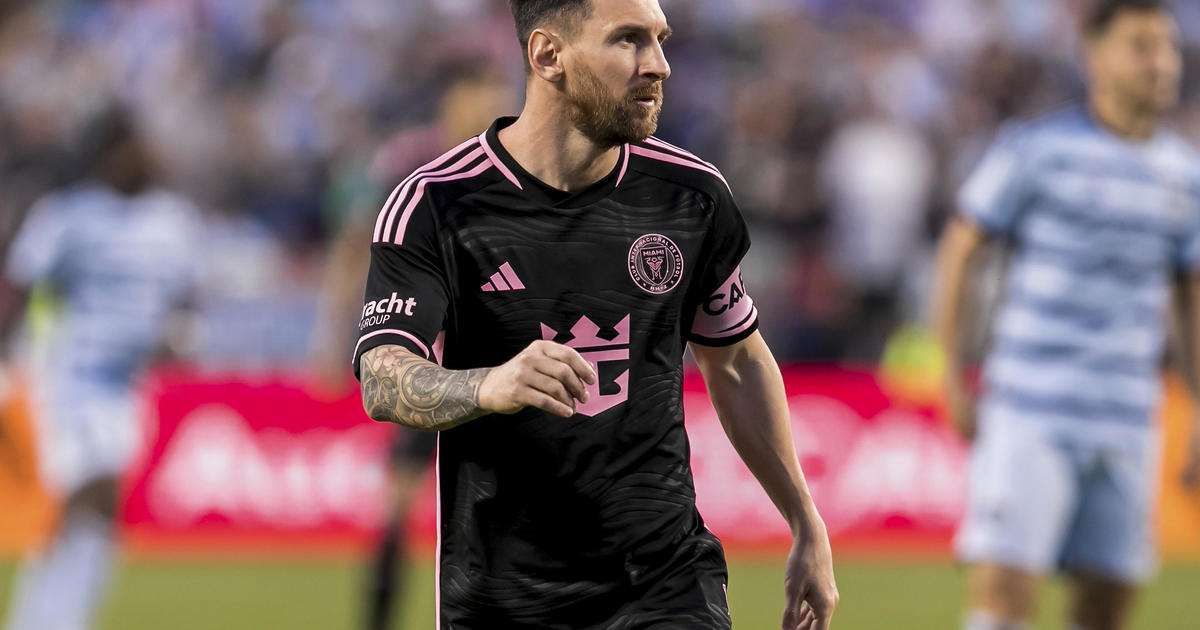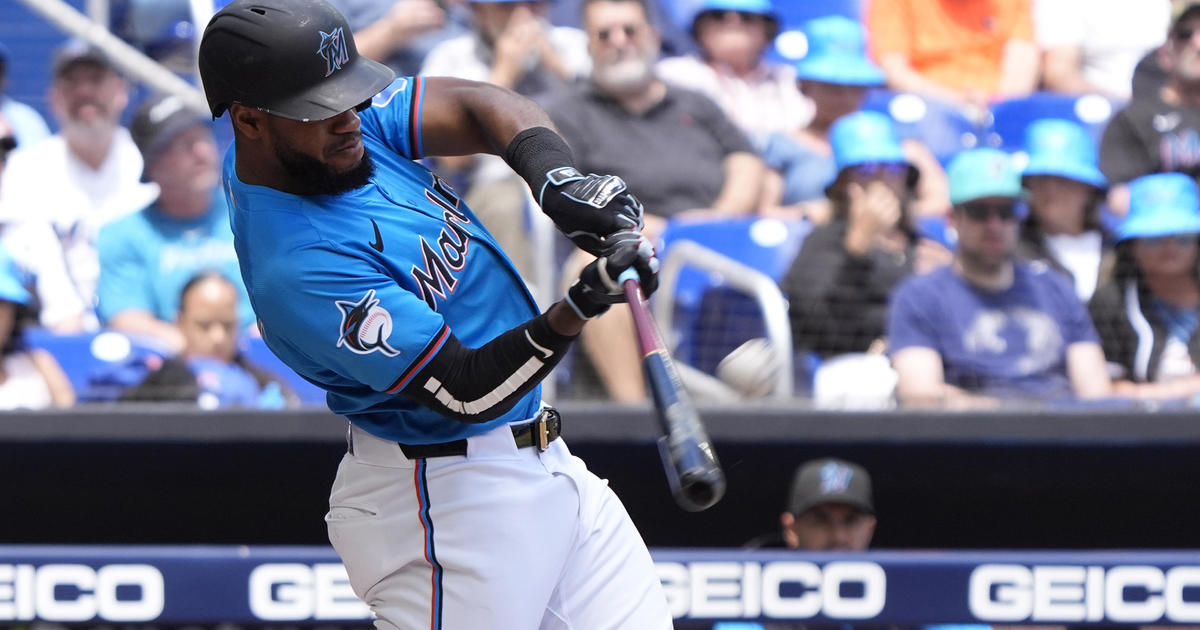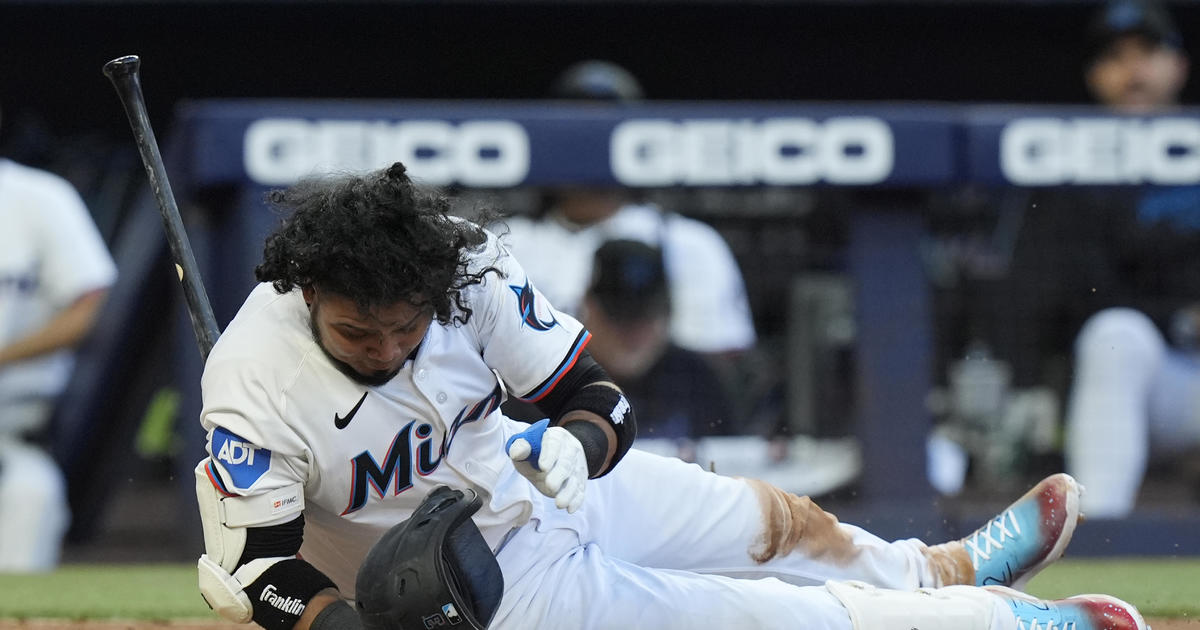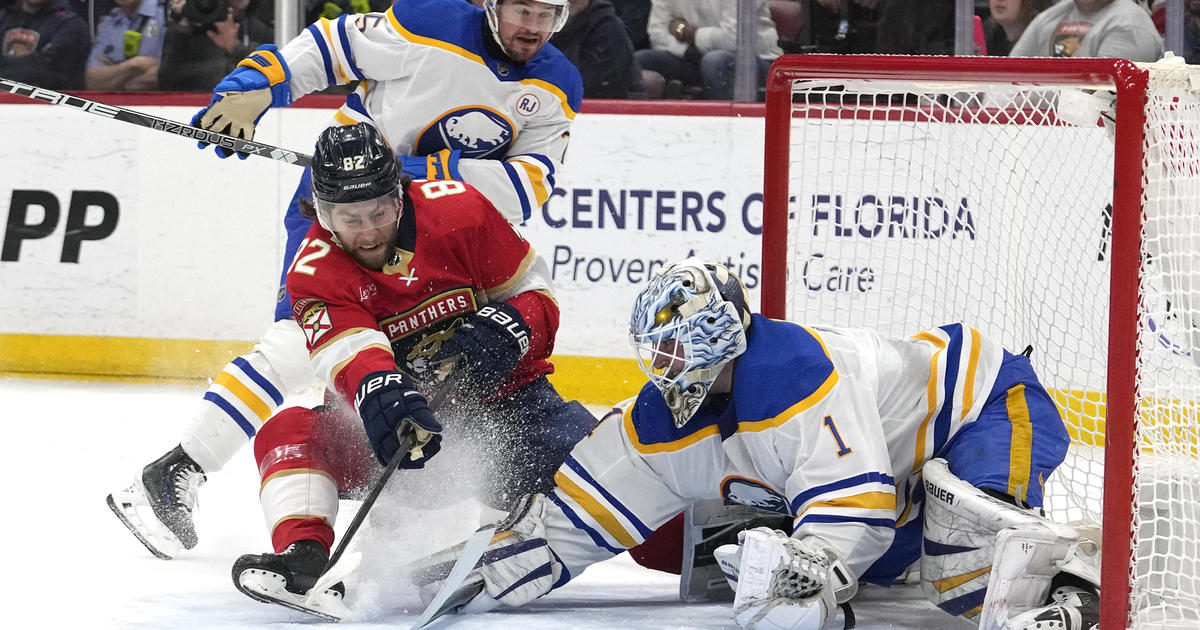8 Things You Didn't Know About Game 6
ST. LOUIS, Mo. (CBS) - Fifty-one years ago, Major League Baseball's American League added two franchises, including the Washington Senators, who were replacing a team that went by that exact name from 1901-60 before moving to Minnesota and becoming the Twins.
The Senators II did not inhabit the nation's capital for nearly as long as their predecessor, however, re-branding as the Texas Rangers in 1972. Regardless of what they have been called, the Senators/Rangers had never reached the World Series until last season, when they lost to a Giants team that had gone title-less since 1954, when it called New York home.
On multiple occasions Thursday night, the Rangers' Texas-sized title drought appeared to be over. But in one of the most exciting World Series games of all-time, the St. Louis Cardinals, down to their final strike in both the ninth and 10th innings, forced a decisive Game 7 when David Freese capped a game for the ages with a walk-off home run to center field.
Let's take a behind-the-numbers look at the 2011 season's dramatic penultimate contest.
1. Walk-off hero: David Freese's long ball was the 15th walk-off homer in World Series history, and the first since Scott Podsednik of the White Sox launched one to end Game 2 of the 2005 Fall Classic. Furthermore, Freese's blast was only the fifth to come in a Game 6 or later, joining historic homers off the bats of Bill Mazeroski (1960, Game 7); Carlton Fisk (1975, Game 6); Kirby Puckett (1991, Game 6); and Joe Carter (1993, Game 6).
2. Extra special: Game 6 marked the 56th extra-inning contest in Fall Classic history, and the first since the Chicago White Sox beat the Houston Astros in Game 3 of the 2005 World Series. The 4-hour, 33-minute marathon was also the 10th extra-inning affair in a Game 6, with the last coming in 1992 when the Toronto Blue Jays beat the Atlanta Braves to win the first of their two consecutive titles.
3. Going the distance: This marks the 37th time that a best-of-seven World Series has extended all the way (including 1912, when eight games were played following a Game 2 tie). The last to go the distance came in 2002, when the Anaheim Angels beat the San Francisco Giants. There have not been many maxed-out series in recent memory, however. A full seven games were played in 1991 (Braves and Twins), 1997 (Indians and Marlins) and 2001 (Yankees and Diamondbacks). But that's it since 1988.
4. Small home-field advantage: Of the 36 Game 7's (including the one played during the eight-game series in 1912), the home team has been victorious 19 times (52.8 percent). So although the visitors have not had a decided home-field disadvantage overall, they have had to watch the home team celebrate on its own soil following each of the last eight Game 7's.
5. Cards in seven: The Cardinals will play in their 11th World Series Game 7, and their first since 1987. The franchise is 7-3 all-time in these historic win-or-else games (more victories than any other franchise), but it has lost the last two.
6. Wild wins: A Cardinals win Friday night would make St. Louis the fifth Wild Card entry to win it all, and the first since the 2004 Boston Red Sox joined a short list that includes the 1997 and 2003 Marlins, and the 2002 Angels.
A Redbirds win will also make them the 19th club to come back from a 3-games-to-2 Fall Classic deficit under the current seven-game system. The last team to do so was the 2002 Angels, who trailed the Giants before taking the final two games in Anaheim.
7. Parity push: A Rangers championship will mean that 10 different franchises would have won it all in the past 11 years. The Rangers would also become the first franchise to win its first title since the Angels took the monkey off their backs in 2002.
8. One-day rain delay: Game 6 was played one day later than originally scheduled because of the 30th rain-related postponement in World Series history, and the first since Game 4 of the 2006 Fall Classic (also in St. Louis).
Although the move to postpone was criticized by some, many understood the downside of playing a Fall Classic game under an uncomfortable October shower, weather that would have negatively affected the outcome of baseball's premier event. Former All-Star player and championship manager Joe Torre, now MLB's executive vice president of baseball operations, explained baseball's decision to wait to play.
"You get to Game 6 of the World Series, and you want to guard [against playing in rain] -- as long as you have a forecast that we're expecting clear weather tomorrow, and if necessary the next day, I think that was more of a decision maker than anything else, just the fact that we're anticipating rain during the game."
With the postponement following a scheduled off day, this year's Fall Classic was the first to go two straight days without a game since 1989, when an earthquake forced a 10-day delay of the Athletics-Giants Fall Classic.
This season's Game 6 was also the first clinching game to be delayed since the 1986 World Series, when rain postponed Game 7 between the Red Sox and Mets. The next night, New York's National League club beat Boston, 8-5, to win its second title.
Twenty-five Fall Classics later, the Rangers, who committed a late-inning fielding gaffe of in Game 6, are now forced to play another day in order to secure that elusive first championship.
Zach Finkelstein is a contributing writer for YESNetwork.com and SNY.tv.



